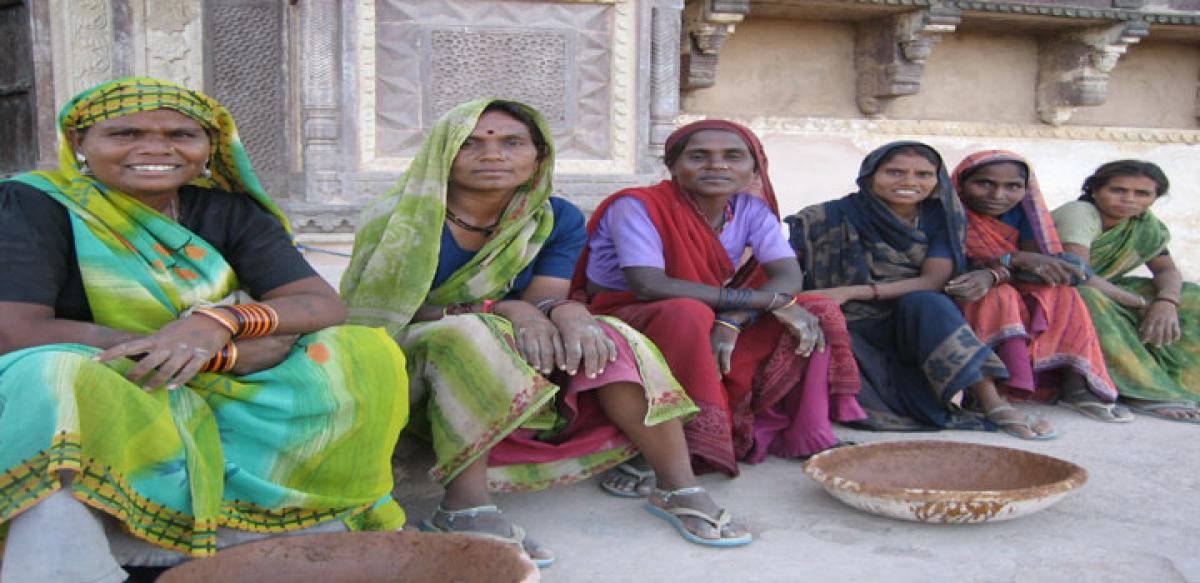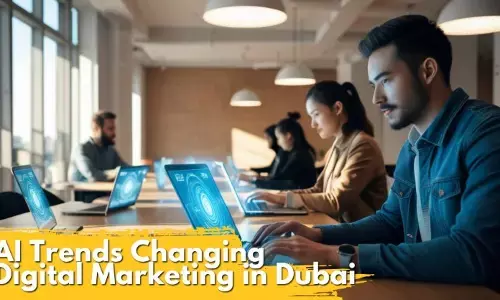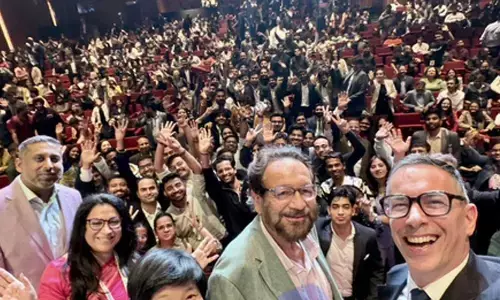Changing world of work and Human Development

Fast technological progress, deepening globalisation, aging societies and environmental challenges are rapidly transforming what work means today and how it is performed. This new world of work presents great opportunities for some, but also profound challenges for others. Governments should act now to ensure no one is left behind in the fast-changing world of work.

The Global Human Development Report 2015 asks a fundamental question – how can work enhance human development. The Report takes a broad of work, going beyond jobs and taking into account such activities as unpaid care work, voluntary work and creative work and argues that work can be a means to enhance human development by contributing to the public good, reducing inequality, securing livelihoods and empowering individuals. It recommends policies to harness human potential and achieve equitable and sustainable progress.
Fast technological progress, deepening globalisation, aging societies and environmental challenges are rapidly transforming what work means today and how it is performed. This new world of work presents great opportunities for some, but also profound challenges for others. Governments should act now to ensure no one is left behind in the fast-changing world of work.
This year’s World Human Development Report of UNDP, titled ‘Work for Human Development’, calls for equitable and decent work for all. In doing so, it encourages governments to look beyond jobs to consider the many kinds of work, such as unpaid care, voluntary, or creative work that are important for human development.
The report suggests that only by taking such a broad view can the benefits of work be truly harnessed for sustainable development. Employment can be a great driver of progress, but more people need to be able to benefit from sustainable work that helps them and their families to thrive.
The need for more inclusive and sustainable work opportunities should be emphasised. Decent work contributes to both the richness of economies and the richness of human lives. All countries need to respond to the challenges in the new world of work and seize opportunities to improve lives and livelihoods.
With better health and education outcomes and reductions in extreme poverty, 2 billion people have moved out of low human development levels in the last 25 years. Yet in order to secure these gains and galvanize progress, a stronger focus on decent work is needed.
830 million people are classified as working poor who live on under $2.00 a day. Over 200 million people, including 74 million youth, are unemployed, while 21 million people are currently in forced labour worldwide. Human progress will accelerate when everyone who wants to work has the opportunity to do so under decent circumstances.
Yet in many countries, people are often excluded from paid work, or are paid less than others for doing work of the same value.
Women and unpaid work
Women do three out of every four hours of unpaid work. While women carry out 52 percent of all global work, glaring inequalities in the distribution of work remain. Women are less likely to be paid for their work than men, with three out of every four hours of unpaid work carried out by women. In contrast, men account for two of every three hours of paid work. Since women often carry the burden of providing care services for family members. This disparity is likely to increase as populations’ age.
When women are paid, they earn globally, on average, 24 percent less than men, and occupy less than a quarter of senior business positions worldwide. To reduce this inequality, societies need new policies, including better access to paid care services.
Ensuring equal pay, providing paid parental leave, and tackling the harassment and the social norms that exclude so many women from paid work are among the changes needed. That would enable the burden of unpaid care work to be shared more widely, and give women a genuine choice on whether to enter the labour force.
Impact of Globalisation and Digital revolution
Globalisation and the digital revolution are double-edged swords. Globalisation and technological changes are producing an increasingly polarised world of work. There has never been a better time to be a highly skilled worker. Conversely, it is not a good time to be unskilled. This is deepening inequalities. Highly skilled workers and those with access to technology, including to the internet, have new opportunities in the types of work available and the way that work is done.
Today, there are seven billion mobile phone subscriptions, 2.3 billion people with smart phones, and 3.2 billion with internet access. This has brought about many changes in the world of work - for example, the rise of e-commerce and the mass outsourcing of banking, ICT-support, and other services. Despite new opportunities, however, more jobs are now becoming vulnerable and a wide digital divide remains. In 2015, 81 percent of households in developed countries have internet access, but only 34 percent in developing regions and 7 percent in the least developed countries have that access.
Many types of routine work, such as clerical jobs, are predicted to disappear or be replaced by computers, or have already disappeared, the report warns, while many more workers face other insecurities. According to the International Labour Organisation, 61 percent of employed people in the world work without a contract, and only 27 percent of the world’s population is covered by comprehensive social protection. Governments should formulate national employment strategies that take into account the many challenges emerging in the rapidly changing world of work.
Sustainable work, opportunities both for present and future generations
Work can play a key role in achieving the Sustainable Development Goals. The types of work many of us do will need to change if our economies and societies are to make genuine progress towards a low emission and climate-resilient future. These changes will influence what the labour market of tomorrow looks like. With green growth, new jobs will be created, the nature of others will be transformed, and others will end altogether. These changes ideally should be supported by systems of social protection and safety nets.
What does the Human Development Index tell us?
The Human Development Index (HDI) was created to emphasize that expanding human choices should be the ultimate criteria for assessing development results. Economic growth is a mean to that process, but is not an end by itself. The HDI can also be used to question national policy choices, asking how two countries with the same level of GNI per capita can end up with different human development outcomes. Such striking contrasts can stimulate debate about government policy priorities.
Source: 2015 Human Development Report, UNDP








